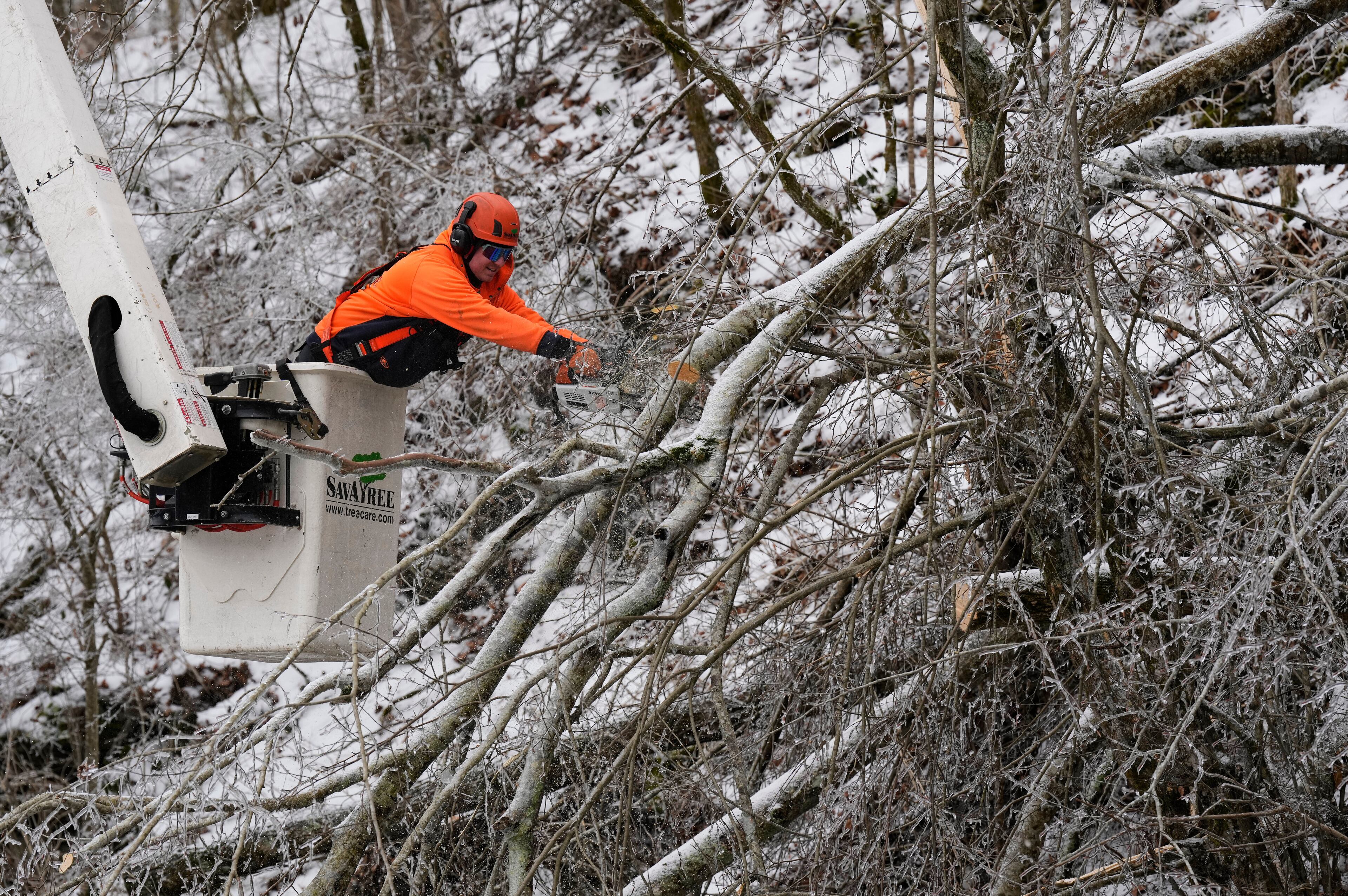Tips for a safe Independence Day holiday

The Fourth of July falling on a Thursday will make for a long holiday weekend. Here’s how to keep it a safe one.
“The Independence Day holiday is a time for celebration, and the Department of Public Safety (DPS) wants to remind the motoring public to obey all traffic laws,” Colonel William W. Hitchens III, the agency’s commissioner, said in a statement. “As you travel through and around Georgia, observe the posted speed limit, do not drive distracted, always wear your seatbelt, ensure that all children in the vehicle are properly restrained, and never drink and drive.
“When traveling, remember to leave early enough to ensure you have plenty of time to reach your destination, and always be a patient and courteous driver,” Hitchens said.
Last year, 18 people were killed on state roads during the Independence Day weekend.
The Georgia Department of Public Safety and local law enforcement agencies say they’re ready for what is expected to be a busy holiday weekend for travelers.
The AAA auto club projects 70.9 million Americans will travel 50 miles or more for the holiday weekend, passing the previous Fourth of July weekend record set in 2019.
Every year, several people in metro Atlanta drown, making water a leading cause of death for children. Statewide, 53 people drowned in 2023, according to the DNR. Metro Atlanta lakes have claimed four lives since late May. Lake Lanier and Lake Allatoona have each had two drownings this year, according to the Georgia Department of Natural Resources. There was one waterway death over last year’s Independence Day weekend.
According to the Centers for Disease Control and Prevention, about 1 in 5 people who die from drowning are children 14 and younger. For every child who drowns, five receive emergency treatment for water-related incidents.
Drowning is generally quiet, and victims are rarely able to call for help, the CDC says. It can occur in less than a minute.
If heading to a beach for the holiday, pay attention to any warnings including shark sightings. Recent shark incidents off the Florida coast have many on alert, though shark bites remain relatively rare.
And then there are the fireworks. Experts advise leaving the displays to the experts and heading to one of the many events around Atlanta. (The fireworks causing the most injuries: sparklers.)
Georgians can set off fireworks on normal days and certain holidays until 11:59 p.m., including the Fourth of July, provided local authorities haven’t issued a general noise ordinance, the AJC previously reported. Fireworks are also allowed statewide until 1 a.m. on New Year’s Day, according to 2018 legislation.
Regardless of local legislation, the use of fireworks is legal until 11:59 p.m. on the last Saturday and Sunday in May corresponding with Memorial Day, on July 3 and July 4 and on Labor Day. During drought conditions, the governor can forbid the use of any and all fireworks.
Every year, an estimated 11,000 people are treated in U.S. emergency rooms for injuries from fireworks, according to the Consumer Product Safety Commission. And around the Fourth of July, about 200 people are injured each day by fireworks.
Additionally, high temperatures and lack rainfall could lead to an increased risk of wildfires if fireworks aren’t handled correctly, according to the Georgia Forestry Commission.
“Although parts of the state have received some rainfall in the last few days, we still need everybody’s help in keeping our communities and our forestlands safe,” GFC Chief of Protection Thomas Barrett said. “As you plan outdoor activities, remember that any kind of spark or ember can be a hazard, especially fireworks that land near dry grasses and vegetation.”
With planning, the holiday can be a fun one for everyone.
“Holiday celebrations should be safe and fun, but one wrong decision can have life-altering consequences,” Hitchens said. “Please be responsible; your safety and the safety of others depend on it.”
HOLIDAY SAFETY TIPS
Driving tips
- Before heading out, make sure any needed vehicle repairs have been made and check the air pressure in the tires, along with fluids and brakes. Have a first aid kit and any other emergency supplies ready.
- Before heading out, make sure any needed vehicle repairs have been made and check the air pressure in the tires, along with fluids and brakes. Have a first aid kit and any other emergency supplies ready.
- Obey the speed limit.
- When you speed, you reduce the amount of time needed to avoid a traffic crash.
- Designate a driver, or call a taxi, ride-sharing service, friend or family member to help you get home safely if you drink alcohol.
- Make sure everyone in the vehicle wears a seat belt and that children are in appropriate safety seats.
Fireworks safety tips
- Read the directions carefully, and inspect the device for any defects.
- Don’t allow young children to handle fireworks.
- Keep a bucket of water, a garden hose and a fire extinguisher close by.
- Ignite fireworks outdoors in an open area away from buildings, vehicles, vegetation or any other combustible material.
Swimming safety tips
- Provide close and constant attention to children in or near water.
- Even experienced swimmers should use the buddy system.
- Children, inexperienced swimmers and boaters should wear life jackets.
- Swim in an area with a lifeguard when possible.
- Don’t dive. Enter the water feet first.
Sources: Law enforcement agencies, National Safety Council, American Red Cross


